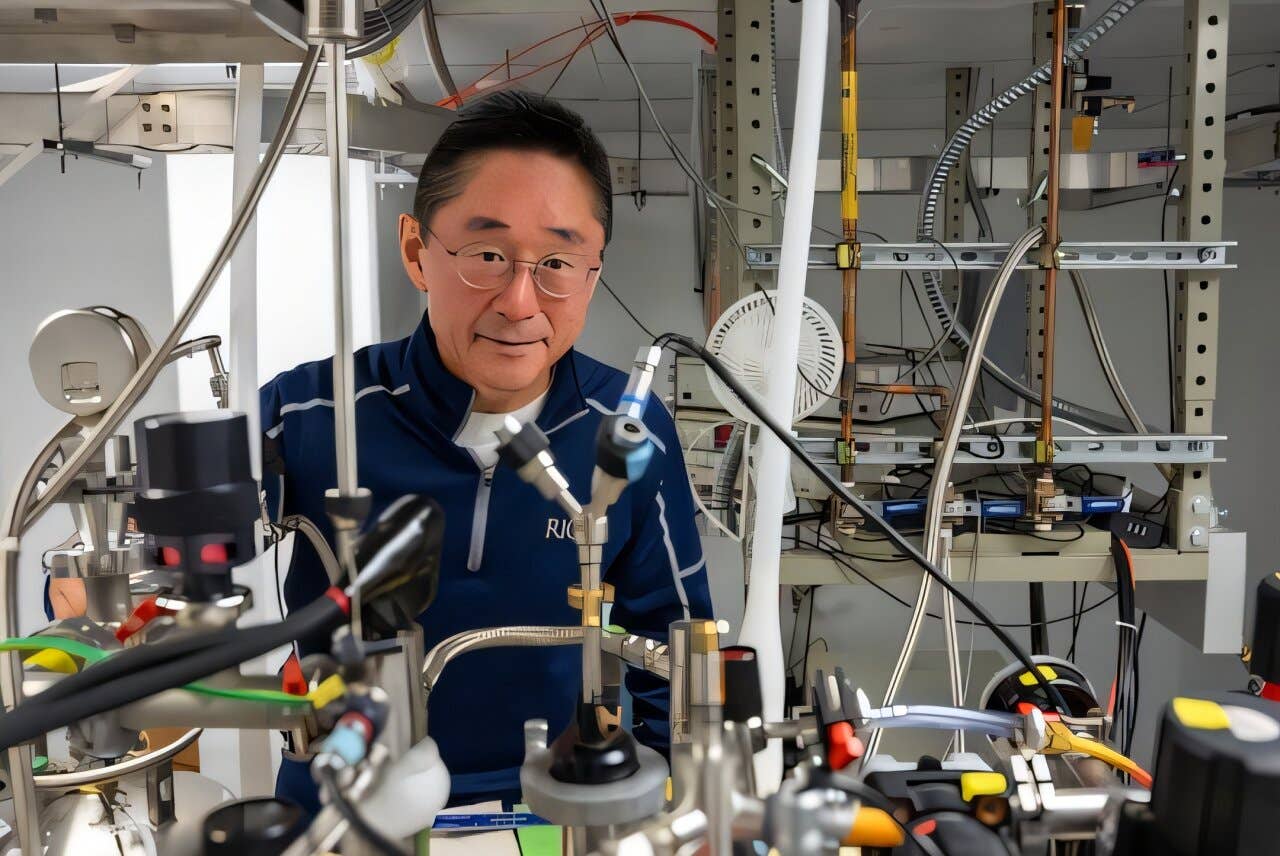Some people can get drunk without consuming alcohol, doctors find
Imagine being repeatedly accused of being drunk when you haven’t had a drop of alcohol. This was the bizarre reality for a 50-year-old woman

Imagine being repeatedly accused of being drunk when you haven’t had a drop of alcohol. This was the bizarre reality for a 50-year-old woman who frequently found herself in emergency rooms with symptoms of intoxication despite not drinking any alcohol.
This perplexing case ultimately led to a diagnosis of auto-brewery syndrome, a rare condition that causes the body to produce alcohol internally.
The Patient's Journey
The woman's ordeal began two years prior when she started experiencing excessive drowsiness and sudden sleep episodes. These symptoms occurred while she was performing everyday activities like preparing meals or getting ready for work.
Her family physician visits and emergency department (ED) trips became increasingly frequent due to her slurred speech, the smell of alcohol on her breath, and falls caused by her somnolence. Despite her insistence that she hadn’t consumed any alcohol—a claim supported by her family—she was repeatedly diagnosed with alcohol intoxication.
During her initial ED visit, her blood alcohol level was alarmingly high at 39 mmol/L (normal is less than 2 mmol/L), yet her liver enzymes were normal, and a CT scan showed no brain abnormalities. Over time, she was assessed by psychiatrists and scored zero on the CAGE questionnaire for alcohol use disorder. Nevertheless, on her third ED visit, she was certified under the Mental Health Act because the attending physician suspected self-neglect.
Each hospital visit necessitated 1-2 weeks off work due to persistent lethargy. At home, she had little appetite and ate minimally until her energy levels gradually improved. This cycle of lethargy and recovery continued every 1-2 months.
On her seventh ED visit, the patient presented again with slurred speech and an elevated blood alcohol level of 62 mmol/L. This time, the emergency physician considered a rare condition known as auto-brewery syndrome and referred her to a gastroenterologist. Auto-brewery syndrome occurs when the gut ferments carbohydrates into alcohol, leading to intoxication without external alcohol intake.
Related Stories:
What is Auto-Brewery Syndrome?
First documented in a 1948 case of a boy with a ruptured stomach that smelled of alcohol, auto-brewery syndrome was officially recognized in 1952 in Japan, where it’s known as Meitei-sho or "alcohol auto-intoxication syndrome."
In the United States, the first cases appeared in the 1980s. A 2020 review found only 20 reported cases in English medical literature since 1974.
The syndrome results from an overgrowth of certain microorganisms in the gut that ferment carbohydrates into alcohol. While low levels of alcohol fermentation are common in healthy individuals, they rarely cause intoxication. However, for auto-brewery syndrome to occur, several factors must align: a significant overgrowth of fermenting microorganisms, high carbohydrate consumption, and other health issues such as diabetes, liver disease, gut motility disorders, or inflammatory bowel disease.
In this patient’s case, frequent antibiotic treatments for urinary tract infections and medication for acid reflux might have disrupted her gut microbiome, leading to the condition. Genetic factors, such as a predisposition for inefficient alcohol metabolism, could also contribute.
Diagnosing Auto-Brewery Syndrome
The main microorganisms involved in auto-brewery syndrome are fungi like Saccharomyces cerevisiae and Candida species, including C. albicans, C. tropicalis, and C. glabrata. Some bacteria, such as Klebsiella pneumoniae, have also been implicated, though their exact role remains unclear.
Diagnosing auto-brewery syndrome is challenging due to its rarity and the lack of standardized diagnostic criteria. The process involves a thorough medical history, physical examination, blood tests, and possibly a glucose challenge test. During the glucose challenge, the patient consumes a high glucose load, and their blood alcohol levels are monitored over several hours. An increase in alcohol levels after glucose ingestion can confirm the diagnosis.
Microbiological assessments, including fungal and bacterial cultures from the gastrointestinal tract, can help identify the responsible organisms. However, these tests must be done promptly, as empirical antifungal treatments can reduce their diagnostic yield.
Treatment and Management
There are no established guidelines for treating auto-brewery syndrome, but antifungal therapy and low-carbohydrate diets have shown success in many cases. If a specific microorganism is identified, treatment can be tailored accordingly. Fluconazole is a common first-line antifungal due to its effectiveness against the most implicated fungi. In cases of relapse, other antifungals such as itraconazole, voriconazole, or amphotericin B may be used. One patient with persistent symptoms even found relief through a fecal microbiota transplant.
Probiotics may also aid in treatment by restoring healthy gut bacteria to compete with the alcohol-producing microorganisms. Additionally, managing any underlying conditions that contribute to the syndrome is crucial.
The Broader Impact
Auto-brewery syndrome has significant social, legal, and medical implications. Patients, like the woman in this case, may face repeated hospital visits, misdiagnoses, and even legal issues due to the appearance of intoxication.
This case underscores the importance of awareness and understanding of this rare condition among medical professionals to ensure timely and accurate diagnosis and treatment.
For more science and technology stories check out our New Discoveries section at The Brighter Side of News.
Note: Materials provided above by The Brighter Side of News. Content may be edited for style and length.
Like these kind of feel good stories? Get the Brighter Side of News' newsletter.
Joseph Shavit
Head Science News Writer | Communicating Innovation & Discovery
Based in Los Angeles, Joseph Shavit is an accomplished science journalist, head science news writer and co-founder at The Brighter Side of News, where he translates cutting-edge discoveries into compelling stories for a broad audience. With a strong background spanning science, business, product management, media leadership, and entrepreneurship, Joseph brings a unique perspective to science communication. His expertise allows him to uncover the intersection of technological advancements and market potential, shedding light on how groundbreaking research evolves into transformative products and industries.



